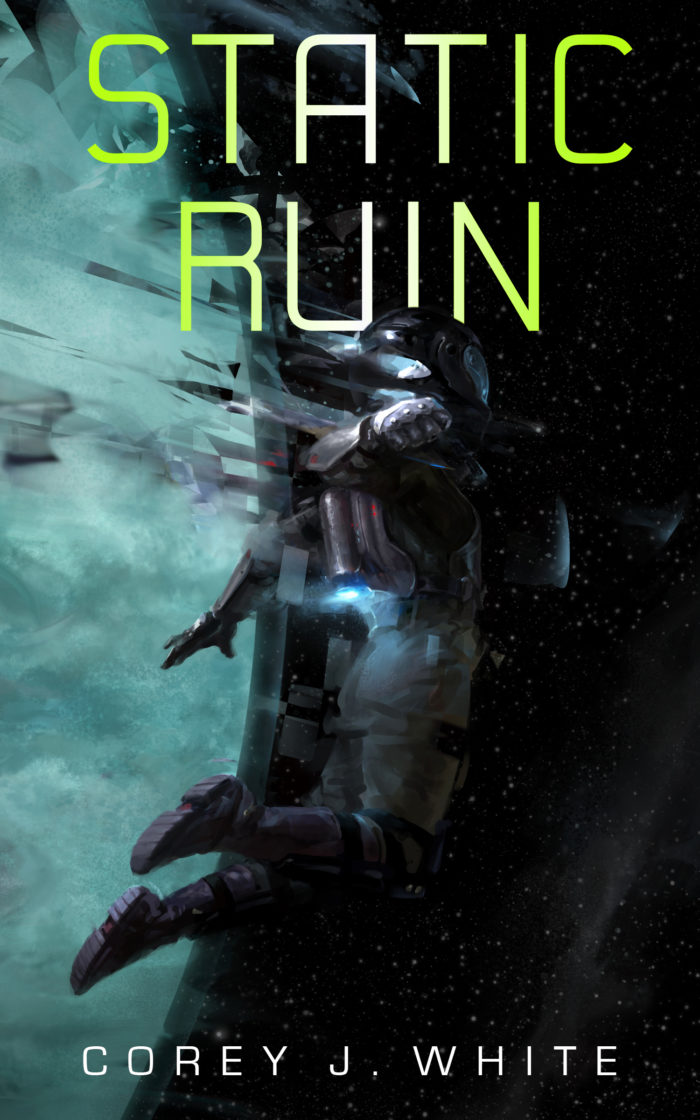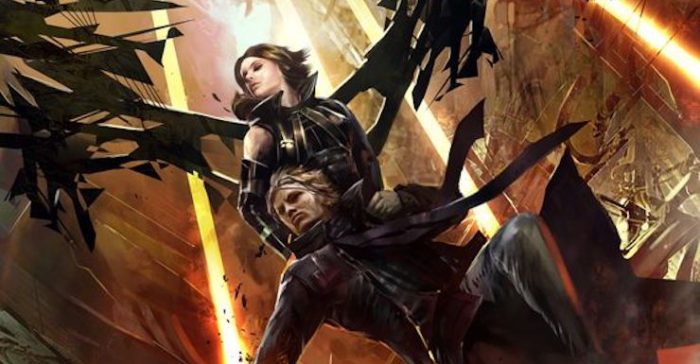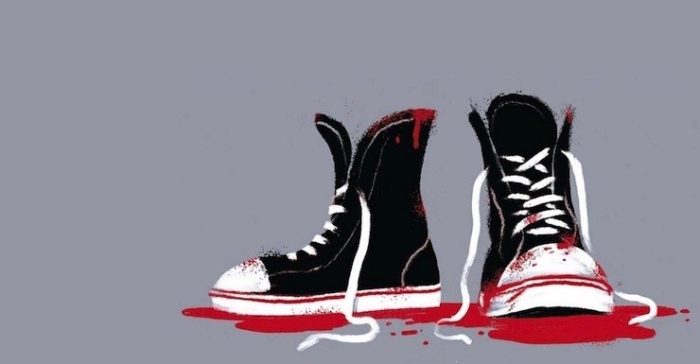I have a problem. Marlee says I’m addicted to workahol, but that’s not it. I work hard because I’m driven, but I’m driven because nothing is good enough. Therein lies the problem.
Smarter people than I have written about the many problems of social media [citation needed], but the problem for me is that I find myself comparing my work/career/success to the gestalt of Writer Twitter. They are constantly being nominated for awards. They are constantly winning awards. They constantly appear on bestseller lists. They constantly get starred reviews, and film/TV deals, and a million other opportunities. In short, whatever successes ‘They’ have, my sick, broken brain sees only in terms of what I don’t have.
This is ridiculous. This is unhelpful. This is incredibly damaging to my mental health. This is also utter bullshit. On the one hand, how fucking entitled is my subconscious being? And on the other hand, I’m comparing my singular self to a group of writers, including some who have been at it for years, or even decades.
Now, beyond the entitlement and the unfair comparisons (which are two entirely different brands of bullshit), the other side effect here is that I do not enjoy the (objectively many) successes I have had. I want to blame Australia’s tall poppy syndrome (and, let’s be honest, my depression), because I find it impossible to celebrate any of my successes for fear of being seen as a conceited arsehole. But, that’s only half of it. I also can’t celebrate because nothing is good enough. I celebrated signing the contracts for Killing Gravity and Void Black Shadow, but everything since then has been…I don’t know. Good, but not good enough, I guess.
So, I’m going to do something difficult, and I’m going to celebrate my successes in an effort to rewire my broken brain. Please don’t think I’m a conceited arsehole, because this is actually entirely unnatural for me. Here goes…
- I have a trilogy of novellas with an incredible imprint attached to one of the biggest SF publishers in the world. Seriously, Tor.com Publishing is putting out some of my favourite books right now, and they also chose to publish me. Multiple times.
- Over five thousand people have parted with their hard-earned money for a copy of Killing Gravity. Some of them even liked it. (Honestly, this is one I struggle with because it seems so small a number compared to…I don’t even know what. But hell, it’s my very first book, in a niche format, so 5K is a number I should be proud of. If you’re one of those 5K, thank you. It means the world to me.)
- Warren Ellis, one of my favourite writers, took time out of his busy schedule to read and review both Killing Gravity and Void Black Shadow.
- I signed with Martha Millard, the literary agent who represents William fucking Gibson, Ian McDonald, Michael Swanwick, and other well-known and well-respected figures in science-fiction. (Cadwell Turnbull is another early career author that Martha signed, and I feel like he’s going to be A Big Deal down the track, so check out his work now and get on board early.)
- I’ve had the opportunity to go on tour with the likes of Terry Brooks and some other fantastic local and international authors.
- And other exciting stuff that I can’t even talk about yet. Seriously, some big news that I should be fucking ecstatic about, but depression broke my brain.
Killing Gravity only came out thirteen months ago (give or take). That’s no time at all. My career has barely even begun, and if I let myself relax for one fucking second I’ll realise that things are already looking bright. So maybe, just maybe, I should cut myself some fucking slack. Maybe self-loathing isn’t a healthy motivator. Maybe, if I try, I’ll find a better way.
Sorry, Marlee, I don’t think I’m going to work any less, but what I will do is try and enjoy where I’m at right now, instead of beating myself up about where I “should” be.


